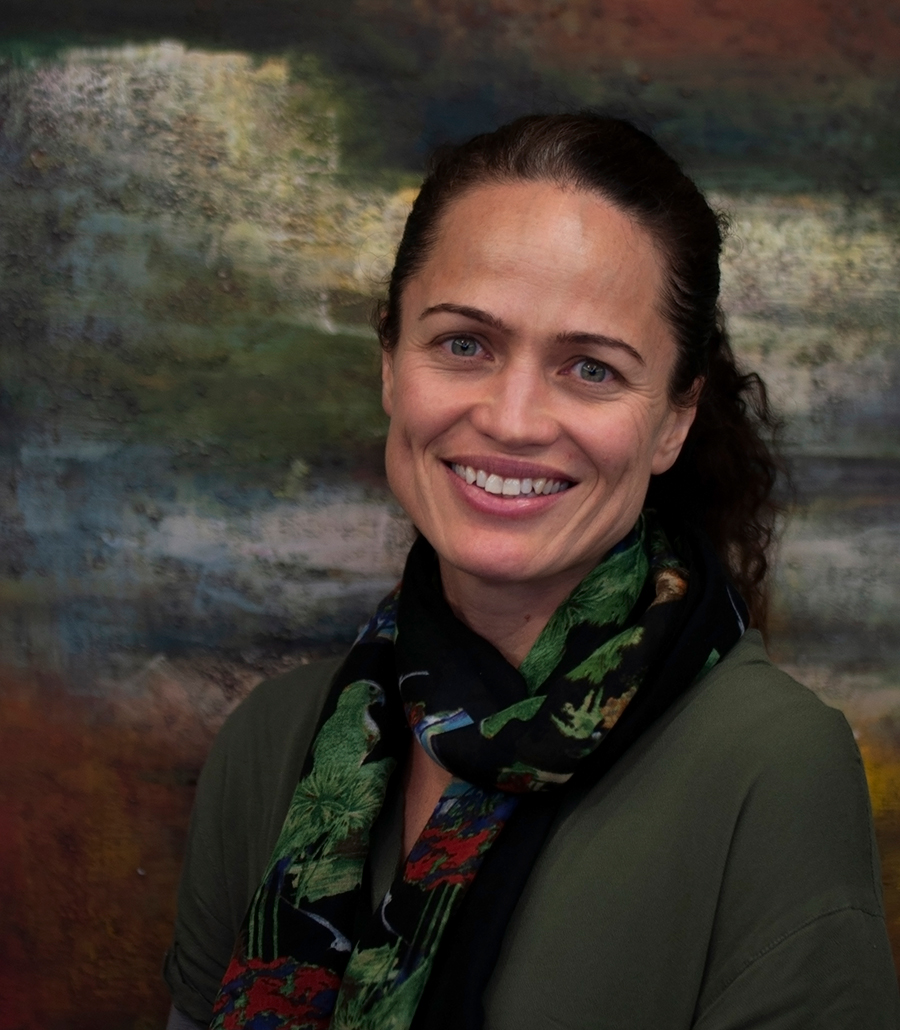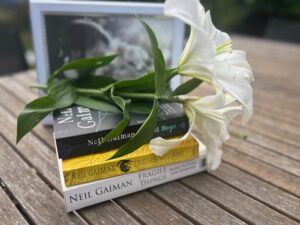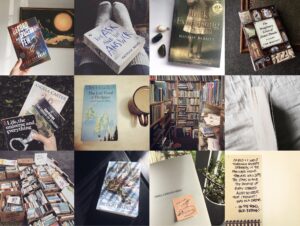‘Because the early Māori had no written language all we have to go on is oral tradition.’
This is a quote from a book – it doesn’t really matter which one because we’ve all heard it a million times. The idea that Māori aren’t literary because our language was never written down is something that’s been drummed into us since the moment our ancestors walked through the school gates. How can people with no written language be considered literary? In a colonised mind, to be literary is to be a master of words on paper. There’s no place for oral traditions in this definition of literary. Unless words are communicated by means of a precisely arranged set of characters on a page, they are unreliable at best, suspect at worst.
I’m not interested in rebutting the idea that Māori aren’t literary. Anyone who thinks that subject needs debating probably isn’t reading the Māori Literature Trust’s blog. What I’m interested in is the tacit agreement within the literary world that there is something superior about written forms of communication over oral forms.
The notion that the printed word is more reliable or robust doesn’t stand up to interrogation, and yet we all go along with it anyway. We’re in the era of ‘fake news’ and white people everywhere are outraged, but indigenous people the world over are like, ‘oh, you just noticed?’ The dubiousness of words in print isn’t news to us. If it weren’t for the fact that printed words have caused so much mamae (Treaty of Waitangi, Tohunga Suppression Act 1907, every single New Zealand School Journal that called Māori a dying race), it’d almost be funny.
Almost.
The difference with oral cultures is that everyone knows that truth is subjective. We make sense of ourselves through story, but the story isn’t fixed. Everything can be challenged. Robustness is proven over time, and the person telling the story is as much a part of the narrative as the events they’re recounting. The vantage point – the papa on which they stand – affects everything. The only omniscient presence is Io.
Oral stories unfold fresh every time. They are old and new at the same time. Narratives full of potential that can be woven and rewoven anew in keeping with our changing world. As stories are handed down, new truths come to light and new revelations emerge. Last night, at the launch of Toi Māori’s latest poetry exhibition, I heard Briar Grace-Smith retell the story of Māui’s birth from the perspective of his sister, Hina. In this year of suffrage celebrations, even our ancient stories have modern applications.
We have mōteatea, layered stories unfolding in verse and passed precisely and carefully from one person’s lips to another. Whoever planted the idea in my head that stories retold over hundreds of years are somehow less reliable than something that is printed once onto a page needs to be accountable for this fallacy in my thinking.
Karanga: a sacred summons performed by a female to initiate a ritual of encounter. The looping words rise and fall like a wave, weaving a connection between the living and the dead, the haukainga and the manuhiri. The energy of the words seem to pull you forward from the chest, but their power does not come from any book. You can’t study the art of karanga simply by learning a repertoire of phrases.
Whakataukī are proverbs of wisdom that draw deeply on metaphor, relying on the skills of an orator to say one thing while saying something else entirely, while whaikōrero is the art of pursuing words. When you turn up to speak with your words printed on speech cards, you are preparing to talk. When you turn up with an emotion in your belly and words yet unformed, you are preparing to listen. Which one now appears inferior?
And yet still we seem to attach greater esteem to books than we do to history and knowledge that is spoken, sung, chanted or performed. As a writer, being published in a physical book brings with it legitimacy. To me, looking from the outside, it seems to represent acceptance. It’s like being invited into an exclusive club – and I can’t help myself, I want to belong.
For the briefest moment last month, I felt like I did. HUIA flew all six writers on Te Papa Tupu programme to Auckland for the National Writers Forum. They put us up in a lovely hotel at the top of Queen Street, across town from the University of Auckland where the two-day conference was held. I arrived exhausted after a day of missed flights and endless transfers and had to pinch myself that it was real.
I lay back on the bed and tried to take in all the images. The minibar stocked with little bottles of booze, my carry-on suitcase lying open in the half-light, a tumble of books strewn across the carpet and the sound of nothing – no children calling my name, not even cars on the street below.
The sensation was still there the next morning when Whiti knocked on my door to take me downstairs for breakfast. It was surreal because once upon a time Whiti Hereaka was the name of an author I admired, not someone I ever expected to be picking me up for breakfast like an old mate. And yet here she was, sitting in my hotel room practising Mandarin in preparation for her upcoming residency in China, occasionally looking up to provide an opinion on the selection of my outfit.
Later that night, after all the workshops and panel discussions were finished, I found myself at a table surrounded by a group of authors I’ve followed for years. People whose books were sitting on my bedside table at home. When a plan was made to go out for dinner I almost declined. I felt like an imposter. How to feign belonging? There was only one other unpublished person at the table, another Te Papa Tupu intern, otherwise, everyone else was working on their second, third, fourth or even thirteenth title. I felt like someone had opened the door to the club, and we’d snuck in while the bouncer was looking the other way.
Coming home was a relief. Writers’ forums and book festivals can go either way for an aspiring writer. Some sessions leave you motivated and inspired. Others can make you doubt your capacity to fill out forms let alone finish an entire manuscript. I withdrew to gather myself. I wanted to spend less time thinking about the work and more time doing it.
As the weeks have passed and I’ve settled into a rhythm, I’ve found myself returning to ask why I want to belong to this club of published authors so much. Part of it is to do with ego, I suppose. I have identified the pinnacle, and I want to know if I can reach it.
But lately, I have started to wonder if, in pursuing legitimacy in the Pākehā world of literature, I am turning my back on the inheritance offered by Māori literary traditions. How much better could my writing become, what potential could I discover, if I didn’t reject the qualities of excellence embedded in oral traditions in favour of those of the written word, but instead held both in my hands at the same time? It’s something our ancestors have been doing for a long time – perhaps this is the true pinnacle I should be aiming for.





